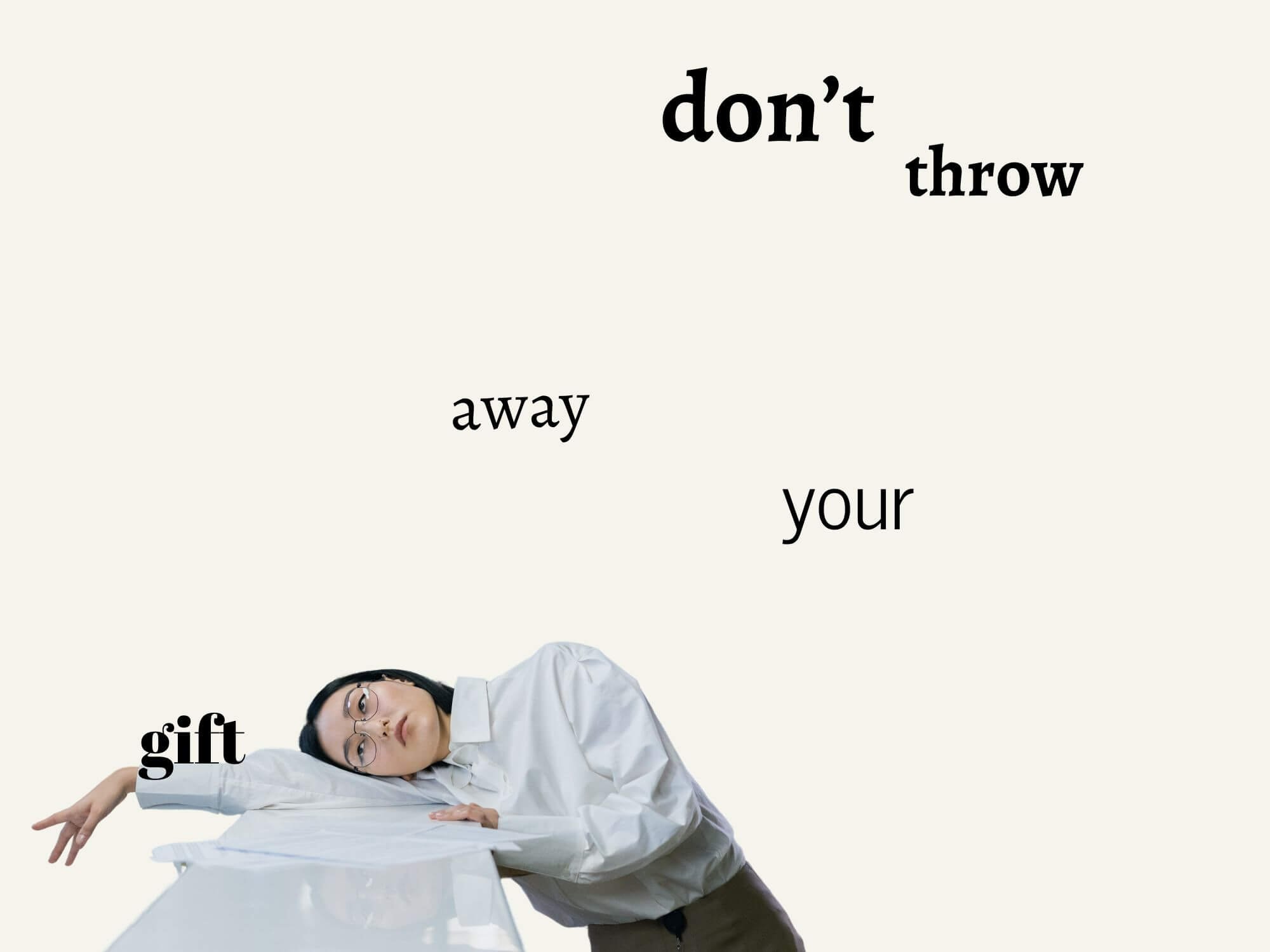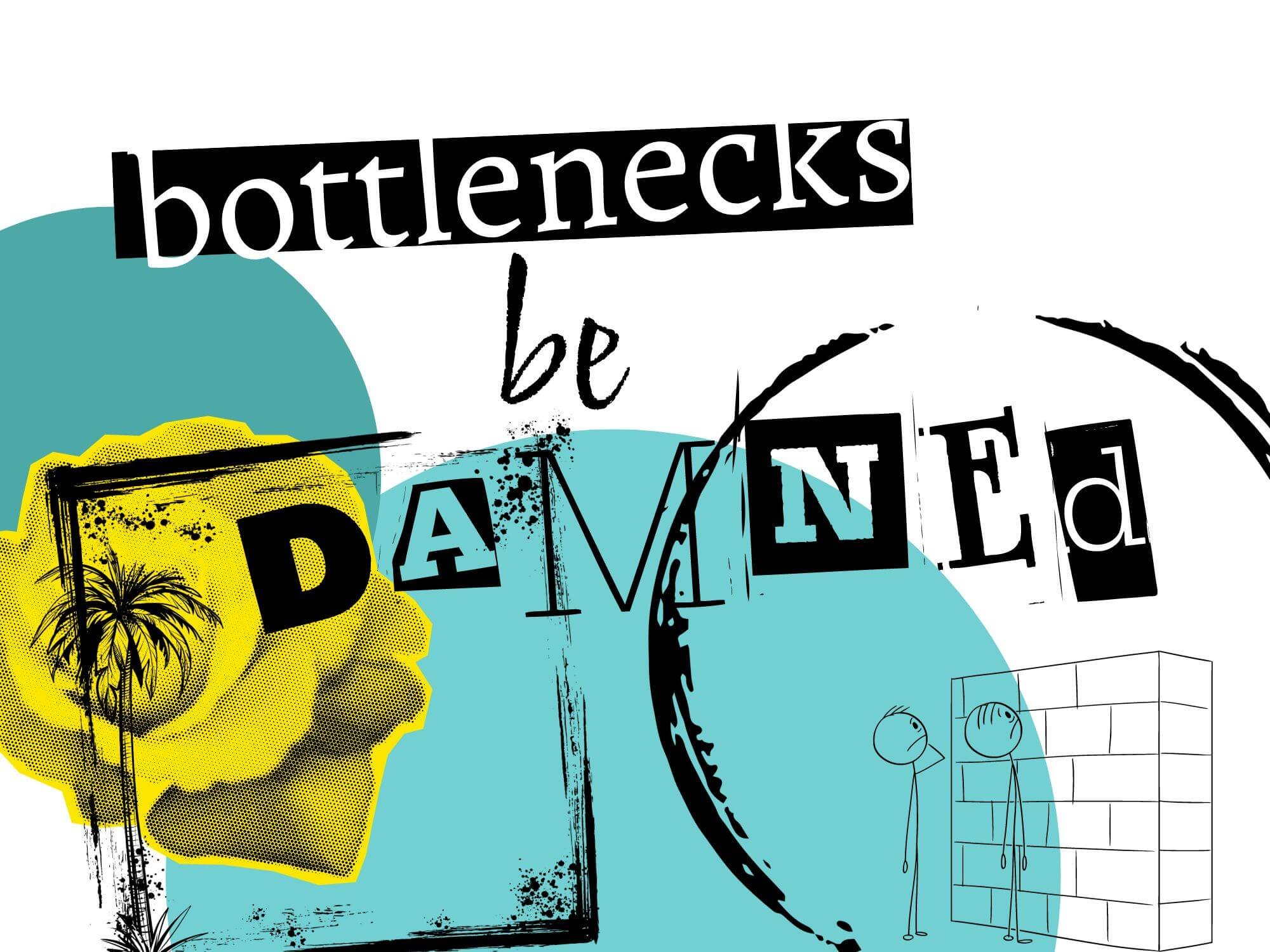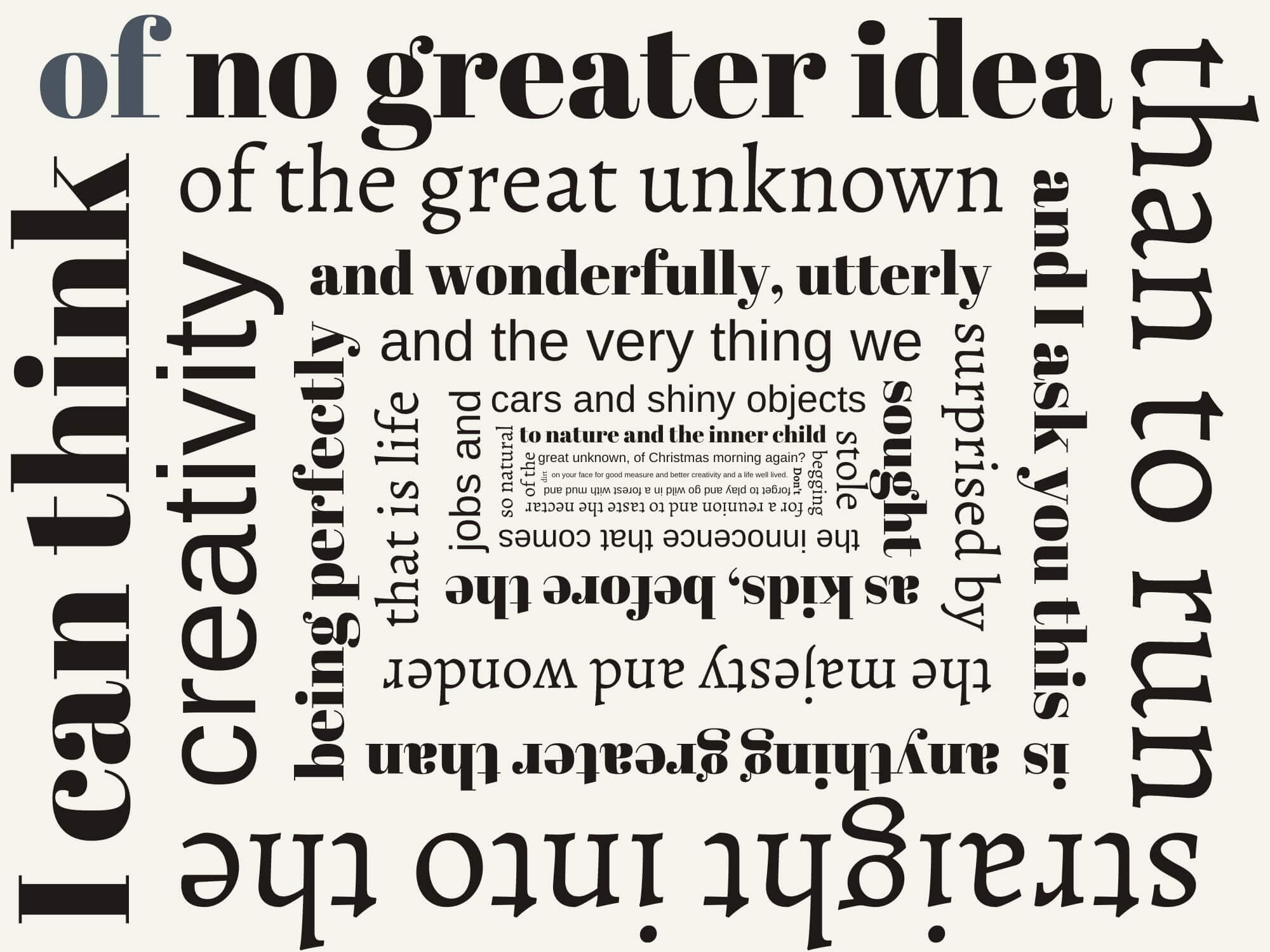5 Components of Creativity (the stuff for making neat stuff)
I’m a bit obsessed with creativity – namely on how to better hone it and use it. So these are my five key components of creativity. They are the parts that drive every project I work on.
This post explores what these components are, how they each contribute to the creative process and some key tips for strengthening each one.
But remember, this is just my take.
Creativity is more nuanced than any one post could ever be. So these are simply my current views, based on what’s working for me right now.
Naturally, I’ll keep things updated as I discover more ideas and points worth sharing.
Otherwise, let’s wrap up this chit chat.
Let’s get it.
What Does ‘Components’ of Creativity Mean?
Before we get into the nuts and bolts of this post, let’s make sure we’re on the same page.
There can be a lot of mincing between words and semantics. So let’s avoid that.
What do we mean by creativity components? Here’s my definition.
The components to creativity are the essential parts that make up the whole. They are the necessary ingredients to being and making something creative.
This is in contrast to the principles of creativity (which are the fundamental truths) or the elements of creativity (which are the key characteristics or traits).
These are all fairly subtle differences – but it helps to know and differentiate between them.
So let’s jump into the things required to realize a creative vision.
My 5 Components of Creativity (the good stuff)
These are my five key components to creativity.
How did I come up with them, you ask?
Well, when I boiled everything down into the most general, zoomed out view of my creative process, these were the things that remained and supported all of my creative pursuits.
But let me know in the comments of any other creativity components you have in your bag – I’d love to hear them!
1. The Right Mindset
I’m kicking things off with one of my favorite topics: mindset.
A creative mindset is all about how we see, think and experience the world around us.
For our purpose, it’s the ability to think creatively. Our perspectives, ideas and beliefs about what’s possible shape our reality.
By extension, our mindset shapes our creativity and the projects we make.
Why does mindset help creativity?
There’s a popular quote from Henry Ford that goes “Whether you think you can or think you can’t, you’re right”.
I suppose this quote explains the core reason mindset is so important. It’s our mindset that creates our self belief or self doubt.
And it’s our self belief that gives us the motivation to be vulnerable, embrace our mistakes and create something creative.
Creativity requires the right mindset.
How can I boost my creative mindset?
Stop trying to make something great and focus on just having fun
For example, pretend you’re making something as a joke
Try new things and change up your routine
Go traveling or do more things that push you out of your comfort zones
Dress the part and visualize yourself as who you wish to become
The key to visualization is feeling the emotions of your dream as if it’s already happened
Surround yourself with more creative people who inspire and motivate you
Study creative people and mimic their thinking, routines and lifestyles
Be patient with yourself and just become more aware of your patterns of thinking
Then change those old patterns into new ones in real time
2. The Right Action
Creativity requires action. Otherwise, they’re just ideas living in our head.
Of course, ideation is also an important part of the creative process – but turning them into reality is where the magic lives.
So creative action here refers to the consistent and disciplined daily steps we take towards reaching some creative goal or project.
Sometimes we have a creative flow where everything feels effortless. But other times, it’s like pulling teeth.
Why is taking action necessary for great creativity?
Taking action is obviously required to get any sort of result for anything. But isn’t creativity an exception?
Why can’t our ideas alone be creative?
I suppose yes, thinking of creative visions is in itself an act of creativity. But something happens when we put a vision into action.
It changes and it grows. We change and grow.
The act of creativity ends up making more creativity. Action is required to give creativity wings and to help it reach its fullest potential.
How can I boost my creative action-taking?
Just focus on taking small steps, which will lead to big changes
Here, you can reverse engineer your bigger goals into micro and nano ones
Make a daily schedule and workflow, then stick to it
Stack the deck in your favor by hanging around more people who inspire you
It also helps to consume content that motivates you and design your home to be inspire more creative action
Have a strong mission or vision for your creativity
Focus on quantity, not quality
Identify bad habits and work on forming new patterns
3. The Right Tools
What do you actually need to turn your vision into reality?
Sometimes, not much is needed – maybe a pen and paper. But other times, we may require a full suite of gadgets and gizmos.
Creative tools are the necessary logistical elements and external things we need to fully make and implement our creativity.
Why is having the right tools necessary for creativity?
Having the right tools makes our life easier.
As my grandmother used to say, doing the job the right way really comes down to having the right tools.
Things just go smoother when we’re using the right gear. But in a more practical sense, sometimes they’re simply required.
For example, I can’t record a professional quality song without the essential music production equipment.
How do I choose the right tools?
Know what you actually need (or don’t need)
Test things out and pivot to tools that make you workflow faster and your creativity better
Stay in the know with new tech and software
Use your strengths in creativity, outsource your weaknesses and automate the trivial, meaningless stuff
View any costs to get the right tools as an investment in yourself, which will pay off in dividends later
Keep things minimal – remember the golden rule, less is very often more
4. The Right Expertise
Having the right expertise is essential for creativity.
Creative expertise refers to the skills and knowledge required to cultivate and build a particular creative vision.
So, what skills do you need to bring your creative vision to fruition?
Why is expertise important for creativity?
Stronger skills make for stronger creativity.
I’m not saying beginners aren’t creative – of course not.
But truly great visions and experiences happen where talent, expertise and preparedness collide with aha! moments and spontaneous creativity.
How can I boost my creative expertise?
Never stop learning – stack your skills and develop a curious, learner’s mindset
Stay patient and don’t rush – skill building takes time
Focus on one (maybe two) skills at a time
Learn things that are relevant – but don’t dismiss skills that sit outside the obvious
Connecting the dots by making unique connections is serendipity and fun to experience
Know when to outsource certain tasks or parts
Because we can’t do everything all the time
Know what you’re good at, bad at and need to learn
Never stop experimenting or trying new things
Have fun with it
5. The Right Time
One thing I’ve noticed about creativity is the more I rush it (or force it), the worse it is.
Because patience is the key to making great stuff.
Time in creativity is really about staying patience and giving yourself enough time and space to let a creative vision or project develop and reach its full potential.
If we can stay patient, we can usually make better things.
(Note: it’s also important to not sit on things too long, waiting for the perfect moment, or for your skills to finally be “up to snuff” – that’ll never happen. So it’s about balance. Share, do, make – but give things the time they need to develop.)
Why is time important for creativity?
Of course, there are moments of complete flow state, where I can write a song from start to finish in one sitting and it’s just…perfect.
But usually, it’s a multi-day (or week) thing.
Great creativity is all about the nuances, iterations and process of reaching some final point.
Great creativity is all about allowing enough time for a vision and project’s potential to develop.
How can I improve my creative patience?
Set realistic time horizons for your vision
Stay flexible and adaptable
Test many options and don’t commit to any one idea (in the begging)
Step away for a day (or more) to get some fresh perspective and objectivity
Work on another project to shift your focus and create patience
Don’t worry about other people and what they’ll say or think
Want More? Check Out These Sweet Reads!




